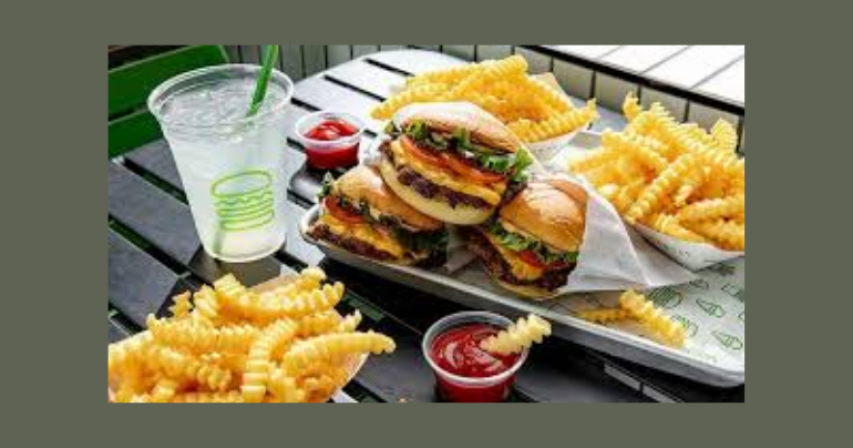Dubai's Dining Preferences: Why Fast Food Reigns Supreme

Dubai residents exhibit a preference for affordable dining options, favoring fast food over fine dining and other eateries. This trend reflects a growing emphasis on price-consciousness in the city's dining landscape. According to a study by JLL, the fast food sector has experienced remarkable growth, with a 25% annual increase in 2021 and a faster rate of 35% in 2022.
The Rise of Fast Food in Dubai
The surge in demand for fast food has led to a significant expansion of fast food outlets across Dubai. The market share of fast food has been steadily increasing, accounting for 33% of the total market in 2021, expanding to 34% in 2022, and further rising to 36% in the first half of 2023. The affordability and accessibility of fast food options resonate with Dubai residents, driving the sector's prominence in the city's culinary landscape.
Factors Influencing Dining Preferences
A survey conducted by the UAE Restaurants Group (UAERG) highlighted the influence of the higher cost of living in Dubai on residents' dining preferences. This trend underscores the importance of affordability in shaping consumer choices. Despite the rising cost of living, dining out remains popular among Dubai residents, with an increase in dining frequency from 1.8 times a week to three times a week, as reported by the Dubai Department of Economy and Tourism (DET).
Market Projections and Emerging Trends
Projections indicate a significant growth trajectory for the food service market in the UAE, with estimates reaching $20 billion by 2024 and $44 billion by 2029. The surge in population growth in recent years has contributed to the expansion of the dining out market. Additionally, all-day dining, casual dining, and fast casual dining are experiencing growth in Dubai and Abu Dhabi due to their convenience and accessibility.
Expansion of Fine Dining
Despite the popularity of fast food, the fine dining segment continues to expand, driven by the opening of new hotels in Dubai. The increase in the number of 5-star hotels has led to a 20% growth in new fine dining restaurants within the city. Notably, emerging areas like Al Wasl are becoming significant players in the fine dining scene, offering unique culinary experiences that attract both residents and tourists.
Conclusion
Dubai's dining landscape reflects a diverse array of preferences, with fast food emerging as a favored choice among residents seeking affordability and convenience. While the fast food sector continues to dominate, there is also growth in all-day dining, casual dining, and fine dining segments, catering to a variety of consumer preferences. As Dubai's culinary scene evolves, it remains dynamic and responsive to changing consumer demands and market trends.
By: Sahiba Suri





Comments